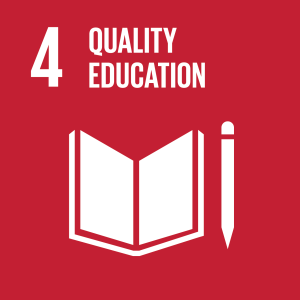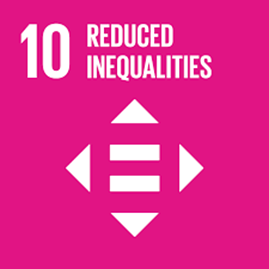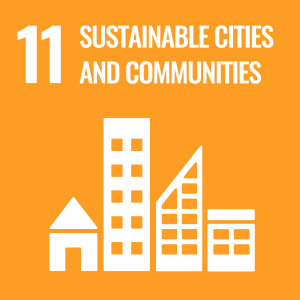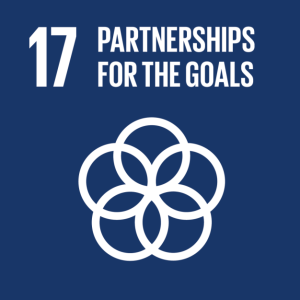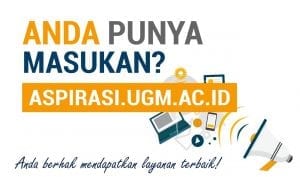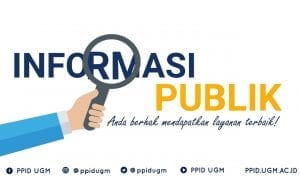Serving the Community of Padukuhan Wotawati
College StudentNewsSDGSStudentStudent's ActivityStudent's Work Wednesday, 16 July 2025
Together with the Center for Cultural Studies and the Center for Disaster Studies UGM, students of the Javanese Language, Literature, and Culture study program had the opportunity to dive directly into the community environment in the context of community service. This activity involved the 2023 and 2024 batches, namely Abimanyu Mahendra, Yanuar Agung, Noviyanti Alfitri, Bayu Seta Ardiansyah, Maylafaizza Nafisha, Fega Achillea, Rafi Nur Fauzy, and Rafif Wicaksono.
This activity was led by a lecturer in philology, Dr. Sri Ratna Saktimulya, M.Hum. who also serves as the current Head of the UGM Center for Cultural Studies. For two days (22-23 June 2025), this team carried out activities in Padukuhan Wotawati, Pucung District, Gunungkidul Regency, DI Yogyakarta.
Wotawati Village, which is located in a unique valley of the former flow of the Ancient Bengawan Solo, has historical and cultural potential but faces significant problems. The main challenges include the absence of a comprehensive and credible narrative regarding the identity of the village that is vulnerable to misinformation, minimal education and preparedness for hydrometeorological disasters, and suboptimal preservation of local culture. This community service aims to empower Wotawati through an approach based on local wisdom and participatory education.
Therefore, this joint team intends to compile a literary work Babad Wotawati which contains history, geography, cultural potential, and disaster education holistically. This Babad is expected to become an official reference source regarding information and the identity of Wotawati village and can become a valuable cultural heritage in the future. This Babad is not only a medium for preserving identity, but also a disaster education tool that is easily accessible to the public. Macapat song training will also complement this effort, reviving oral traditions as a means of conveying messages to the younger generation. Thus, Wotawati can rise as an independent, empowered, and widely known community with a complete and accurate narrative, while being ready to face future challenges.
Thus, in-depth research efforts are needed by visiting and observing directly at the research location. Javanese Language, Literature, and Culture students are given the task of practicing karawitan, introducing tembang dolanan, practicing macapatan, interviewing residents, or documenting activities.
With this activity, it is hoped that students can apply the knowledge and skills they have gained during their studies and can provide benefits to the community directly.




